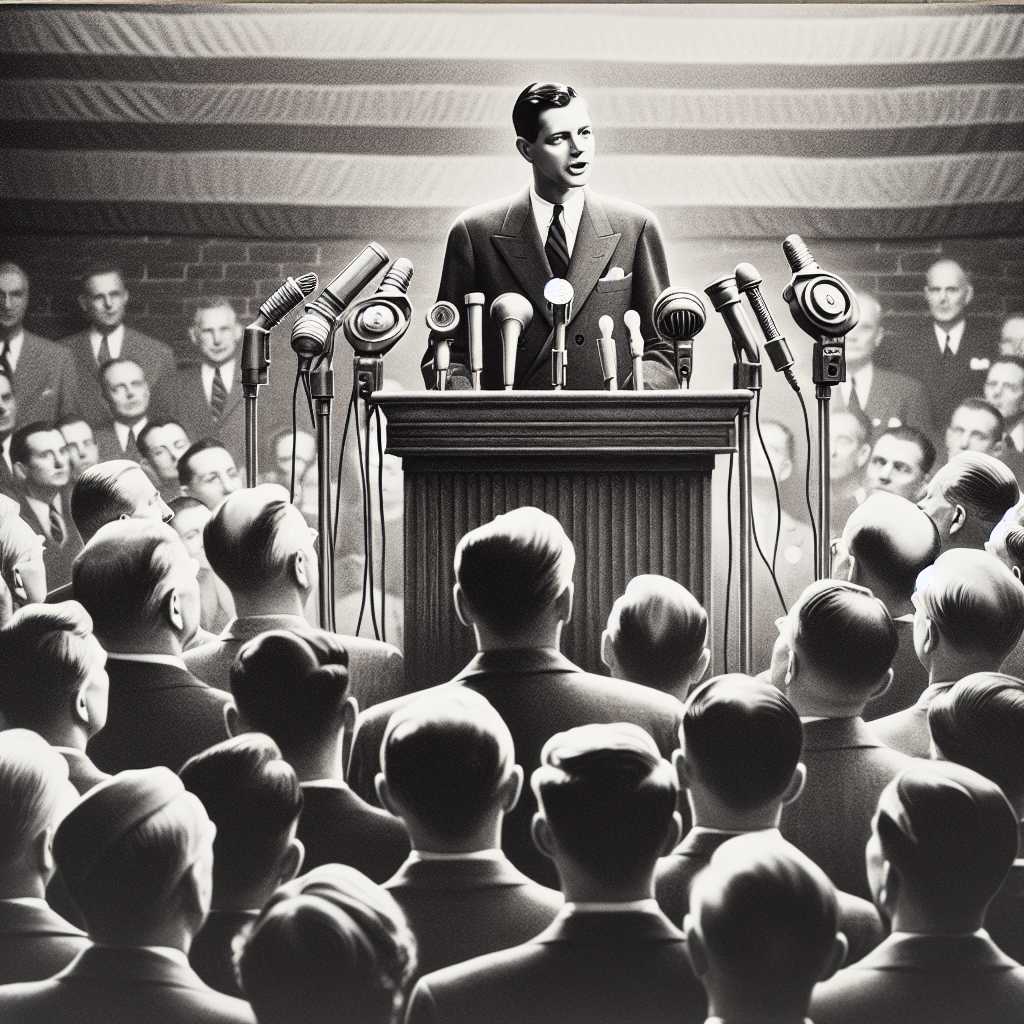## The Life and Legacy of Robert F. Kennedy: A Political Chaplain’s Journey for Justice and Equality##
Robert F. Kennedy, often referred to by his initials RFK, was an American politician and lawyer who left a profound impact on the political landscape during the 1960s. Serving as a prominent member of the Democratic party, Kennedy was a steadfast advocate for civil rights, social justice, and a more equitable society. In this article, we will explore his early life, entrance into politics, key contributions, and the legacy that endures half a century after his tragic assassination.
Early Life and Education
Robert Francis Kennedy was born on November 20, 1925, in Brookline, Massachusetts, to Joseph P. Kennedy Sr., a prominent businessman and ambassador, and Rose Fitzgerald Kennedy, a dedicated philanthropist and socialite. As the seventh of nine children in one of America’s most storied political families, RFK was exposed to the ethos of public service from an early age.
Education played a significant role in shaping Kennedy’s worldview. He attended several elite schools, including Harvard University where he studied government and served on the varsity football team despite being slight in stature. His collegiate years were interrupted by World War II when Kennedy enlisted in the U.S. Naval Reserve. Following his military service, Kennedy continued his education at Harvard and then pursued law at the University of Virginia School of Law.
Entering the Political Arena
Kennedy’s political career began on Capitol Hill where he served as a counsel for various Senate committees. One of his early prominent roles was as chief counsel to Senator Joseph McCarthy during investigations by the Senate Subcommittee on Investigations into Communist activity — a period which tempered his views on justice and fairness under heavy scrutiny of McCarthy’s controversial methods.
After this role, he managed John F. Kennedy’s successful Senate campaign in 1952 and later worked as an assistant counsel under the Senate Rackets Committee. Robert gained national notoriety for his relentless and passionate work against Teamsters Union leader Jimmy Hoffa amid investigations into labor corruption.
In 1960, Robert F. Kennedy served as campaign manager for his brother John F. Kennedy’s successful presidential bid, demonstrating a keen political acumen and solidifying the Kennedy’s as a political dynasty.
Attorney General and Senatorial Tenure
Under President John F. Kennedy’s administration, Robert served as Attorney General where he played an instrumental role in promoting civil rights legislation. His urgency in the fight against organized crime and unanimous support for civil liberties cemented his reputation as a formidable force for justice.
After his brother’s assassination in 1963, Kennedy continued to advance their shared vision for America through his senatorial role representing New York, which began in 1965. His focus then expanded beyond civil rights to include poverty alleviation and opposition to the escalating Vietnam War.
Presidential Bid and Assassination
In 1968, Robert F. Kennedy announced his candidacy for President with a platform centered around social change and equality. His message resonated across racial, economic, and generational divides, capturing the imagination of many Americans who longed for unity during tumultuous times.
Tragedy struck on June 5, 1968, with Kennedy’s assassination in Los Angeles moments after delivering a victory speech for his win in the California primary. This event shook not only his family but also a nation already reeling from the assassinations of Martin Luther King Jr., widespread unrest, and international conflict.
Enduring Influence
Over five decades after RFK’s death, researchers frequently analyze his approach to domestic policies on crime prevention, economic justice, education reforms, and international strategies calling for restraint in military response and favoring diplomacy.
While some credit Kennedy as a visionary idealist whose potential was cut short before probability could certify prominence as president; others recognize him as an aspiring leader who began leveraging the broad appeal indispensable among statesmen.
Notes
Image description: A black-and-white photograph showing Robert F. Kennedy speaking during one of his impassioned campaign speeches. He stands determinedly behind a podium bearing several microphones while a crowd seems focused intently on listening to him.
